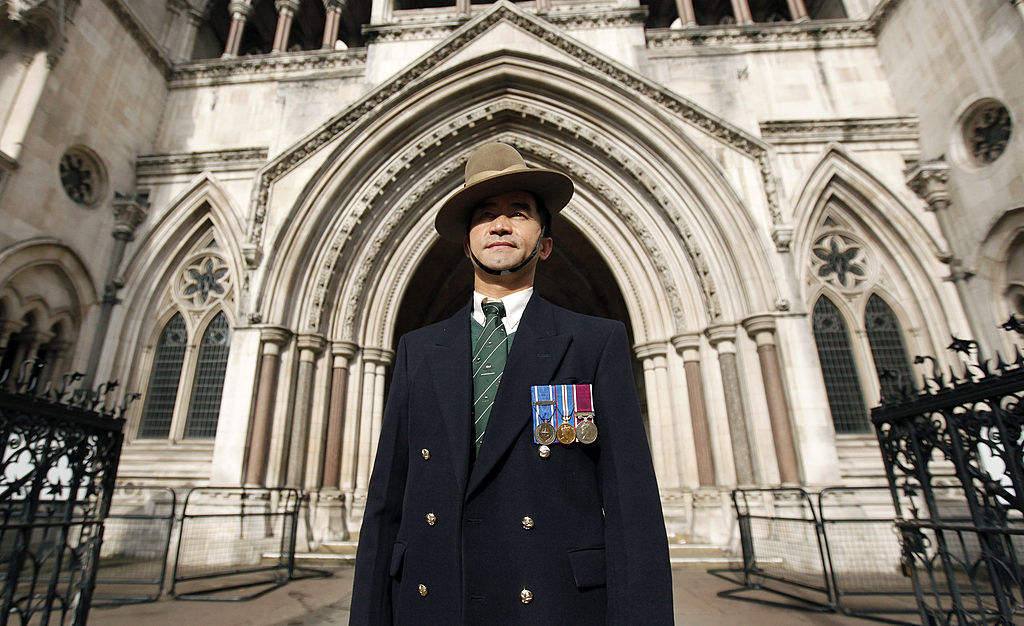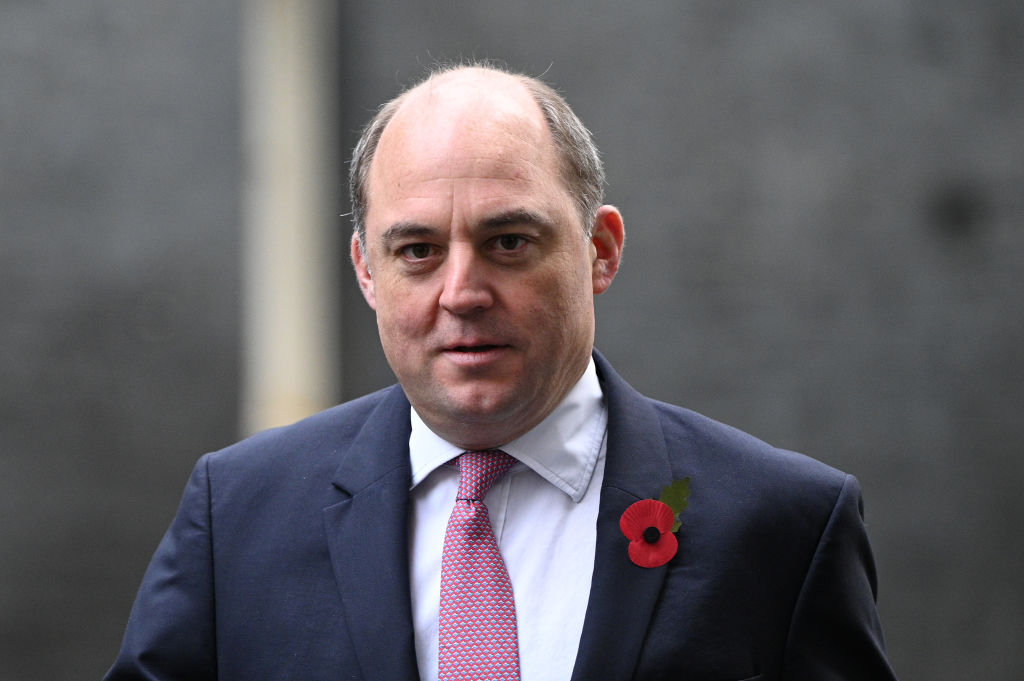- Sunday, April 06, 2025

By: Shubham Ghosh
GURKHA military veterans on Tuesday (17) said they would “fast until death” unless the British government agreed to meet them to discuss their demands over pension rights.
Several protesters on hunger strike have been camped out under makeshift shelters around the clock opposite British prime minister Boris Johnson’s Downing Street office, refusing to take food for the last 11 days, AFP reported.
The hunger strikers, surrounded by flowers and candles left by supporters, want the government to meet their complaints about alleged discrimination.
Yam Gurung, 71, said Gurkhas-Nepalese soldiers, who served the British Army, had fought alongside their British colleagues in conflicts all over the world but yet, they were never treated as the same.
“We are facing humiliation, racial discrimination… exploitation is there, alienation is there, vitriol by the British government is continuing,” AFP quoted him as saying.
“We are also human beings. We also feel and hurt.”

The Gurkhas, who carry with them razor-sharp knives called ‘kukri’, are known to be a fierce martial race and loyal. They first served as part of the British Indian Army in 1815 and around 2,700 are currently listed in the British Army.
However, it is only since 2007 that they have got same pay and conditions as British soldiers.
Those Gurkha military personnel who served before 1997 receive only a fraction of what their British counterparts get as salary, as it was believed that they would return to Nepal once their tenure in the army got over and the cost of living in the Himalayan nation is significantly low, the AFP report added.
They have lost a legal challenge against the situation in the past and claimed it has left some 25,000 Nepalese veterans financially weak. The coronavirus pandemic has made it even worse and many have now been left in a state of poverty.
“We are paid less so we are struggling hard,” Gurung, who served in the first Gulf War in 1991, said, adding, “We want that there shouldn’t be any division. There should be one rule for everybody. We should be paid equally. Equal danger, equal reward.”
British defence secretary Ben Wallace, a former officer in the British Army, said he is “very happy to meet the Gurkhas” and talk over the pension dispute.
“My father fought alongside the Gurkhas in Malaya (modern-day Malaysia and Singapore) in the 1950s, it is a pretty remarkable group of people,” he said.
But the Gurkhas want action instead of appreciation. Shyam Thakuri, another veteran, called the situation “inhuman” and told AFP, “We know what’s going on. Every year they (Gurkha veterans) dwindle down. They know fragile old vets die naturally or some of them with a health problem.”
“We are going on hunger strike until the British government comes up with a written assurance stating that they will sit down with the Nepal government… and sort this problem,” he added.